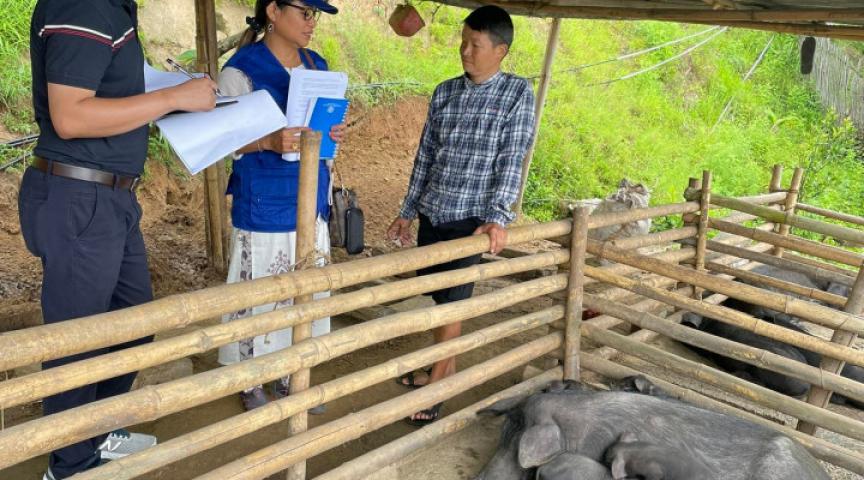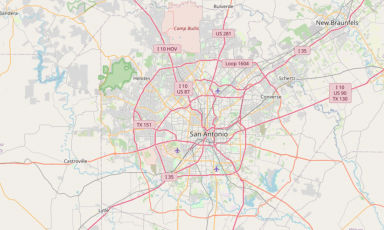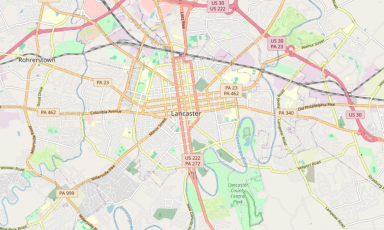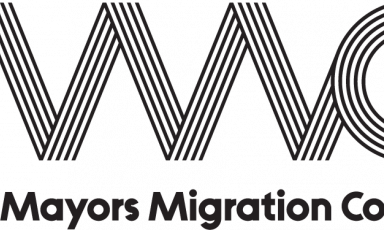Dhankuta Municipality, Nepal
Dhankuta Municipality: Nepal’s First-Ever Local Government Reintegration Policy

Summary
The Municipality of Dhankuta commits to develop the first-ever local government “Foreign Employment and Reintegration Policy” in Nepal to improve the lives of its residents, including returnees, and reduce the need for them to leave the country to seek employment opportunities, while fostering sustainable development within the municipality.
Developed in partnership with the local community and returnees themselves, this groundbreaking policy will provide Nepali youth with access to verified information about employment opportunities abroad. It will also seek to ensure the successful reintegration of returning migrants and refugees, with a specific focus on ensuring gender equality. Among other things, this will involve specialized support for trauma recovery, language acquisition, and cultural integration, ensuring a holistic reintegration process for returning refugees.The framework encourages the promotion of skills acquired abroad to support entrepreneurship, employment, and boost the local economy. Ultimately, this policy is expected to improve social cohesion and reduce family fragmentation, while benefiting the entire local community.
Impact
The expected and achieved impact of Dhankuta Municipality's "Foreign Employment and Reintegration Policy 2021" is centered around improving the lives of its residents, reducing their reliance on foreign employment, and fostering sustainable development within the municipality. Evaluation mechanisms have been put in place to assess these impacts effectively.
Expected Impact:
- Reduced Dependency on Foreign Employment: The policy aims to gradually reduce the number of individuals from Dhankuta seeking foreign employment by providing alternative local employment and self-employment opportunities. The expected impact is a decline in the outmigration trend.
- Economic Empowerment: By facilitating the productive utilization of the skills and experiences gained abroad, the policy seeks to empower returnees to create their sources of income, ultimately contributing to the economic development of Dhankuta.
- Social and Family Reintegration: The policy aims to ensure the smooth reintegration of returning migrants into their families and society, reducing social and cultural disruptions caused by prolonged absences.
Achieved Impact (Evaluated and Ongoing):
- Reduction in Foreign Employment: Ongoing monitoring has already shown a decrease in the number of individuals leaving Dhankuta for foreign employment. This reduction reflects the policy's effectiveness in providing local employment alternatives.
- Entrepreneurship and Self-Employment: Several successful initiatives have emerged where returnees are utilizing their skills and capital to establish businesses and income-generating activities within the municipality.
- Social Cohesion: Early evaluations indicate improved social cohesion and reduced family fragmentation, as returning migrants are reintegrating more seamlessly into their communities.
To evaluate the policy's impact, Dhankuta Municipality employs a multi-pronged approach:
- Data Collection
- Stakeholder Feedback
- Economic Indicators
- Social Well-Being
The comprehensive evaluation process ensures that the policy remains dynamic and responsive to changing circumstances, ultimately striving to achieve its intended impact of reducing foreign employment dependency and enhancing the lives of Dhankuta's residents.
Lessons learned
Key lessons learned from Dhankuta Municipality's "Foreign Employment and Reintegration Policy 2021" include:
- Customization is Crucial: Tailoring policies to local contexts and needs is essential. The success of this policy is partly attributed to its understanding of Dhankuta's unique challenges and opportunities in the context of foreign employment.
- Community Engagement is Vital: Involving the local community and returnees in the policy development and implementation process fosters ownership, builds trust, and ensures that interventions are relevant and effective.
- Diversification of Opportunities: The policy highlights the importance of providing a range of employment and entrepreneurial opportunities to cater to various skill sets and preferences among returning migrants, promoting inclusivity.
- Empowerment through Skill Utilization: Leveraging the skills and experiences of returning migrants in productive local activities has empowered individuals and boosted the local economy.
- Continuous Monitoring and Adaptation: Regular data collection and stakeholder feedback have been instrumental in making informed adjustments to the policy, ensuring its relevance and effectiveness over time.
- Gender-Inclusive Approach: Ensuring that women returning from foreign employment have equal access to opportunities has been a valuable lesson in promoting gender equality and women's economic empowerment.
- Collaboration is Key: Effective coordination with relevant government agencies, non-governmental organizations, and international partners has enhanced the policy's reach and impact.
- Addressing Social Integration: The policy recognizes the importance of addressing not only economic reintegration but also social and psychosocial aspects, as these are essential for the well-being of returnees and their families.
- Sustainability: The policy's long-term vision emphasizes sustainability, which requires ongoing commitment and investment in local development initiatives.
These lessons underscore the importance of a holistic and community-driven approach to addressing the challenges of foreign employment and reintegration.


